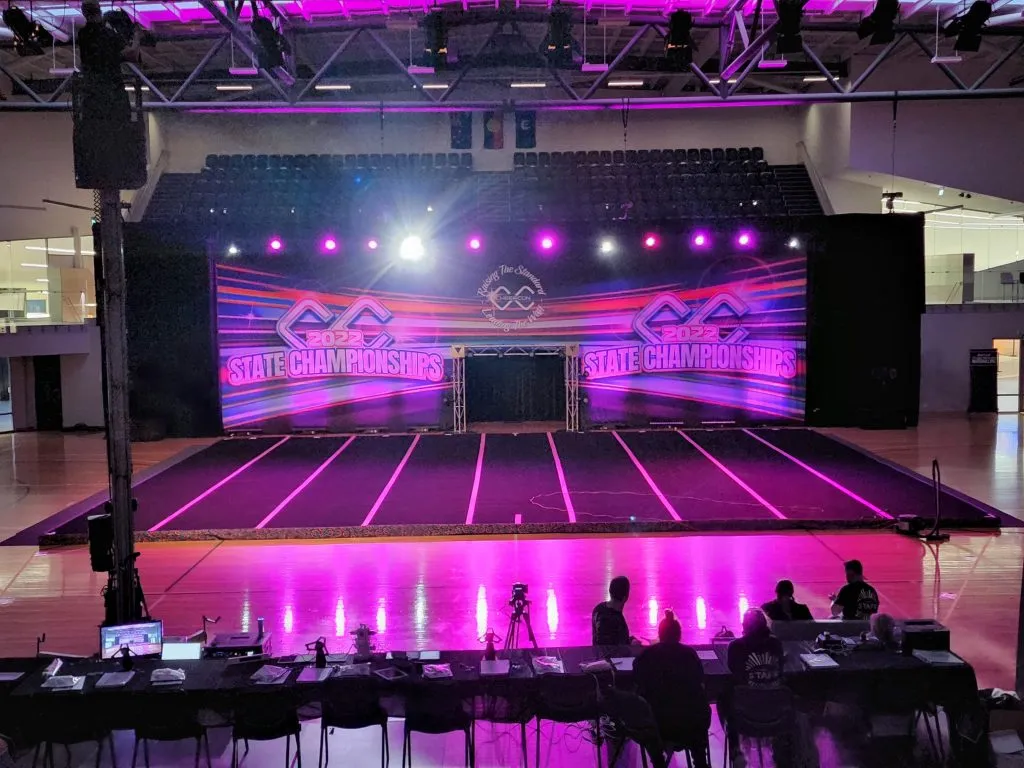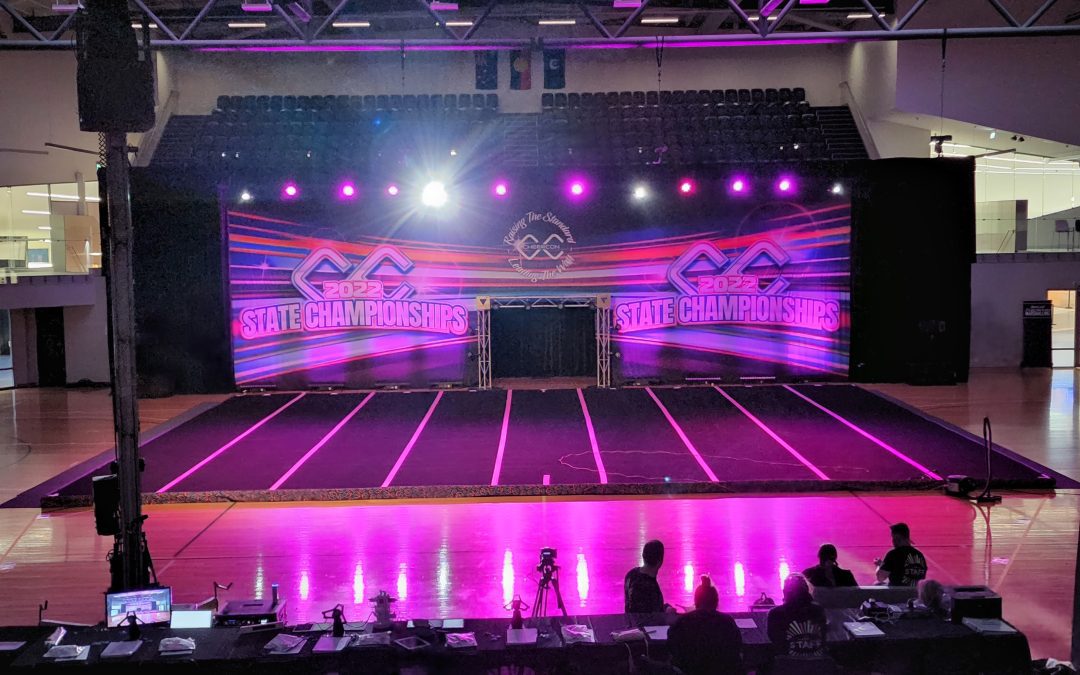Managing AV means getting the best AV production to meet the needs of your stakeholders, goals, and budget. Many factors must be considered, such as technology, quality, and scope. However, before all that, you must understand the cost tied directly to your venue choice.
It is critical to perform due diligence BEFORE signing a venue contract. You may plan on using your preferred partner; however, these policies can make that difficult. Likewise, you may be preparing to utilise the in-house vendor, but their costs might be too steep and if they have a cushion of fees tied to using another provider, they don’t have to compete in the market for your business.
Often, planners who don’t ask the right questions face the prospect of using the in-house vendor at over 1.5x the allotted budget. Worse, if they bring in their trusted partner, the venue exclusivity restrictions and fees can cause the AV to be over 2x the budget.
What do you choose? 1.5 times the budget you were expecting and working with strangers or 2x what you expected to have familiar faces? Or do you scramble to find someone local you’ve never met to execute a lackluster version?
The answer is to be proactive and address this dilemma at the beginning of the event lifecycle, namely, site selection.
Understanding the Landscape
When evaluating a venue, it’s crucial to consider the potential impact of AV exclusivity clauses. These policies stipulate that only the venue’s in-house vendors can provide certain services, often limiting your choices and potentially affecting your budget.
By leveraging the value of your overall revenue to the venue, such as room nights and catering, you can remove or negotiate down some of these fees if you do it before you sign the contract.
Understanding costs and negotiation is not about avoiding the in-house vendor. It is about leveling the playing field and having the freedom to choose the best production partner for your conference.
Common Exclusivity Areas
- Rigging and Rigging Materials: This is a common exclusivity area for safety reasons. Venues want to ensure that only experienced professionals familiar with the building’s infrastructure are hanging equipment above the heads of their guests.
- House Audio System Access: Some venues restrict access to their house audio systems, requiring you to use their in-house technicians for any adjustments or operations. I never like to use in-house audio, but if you do, ask if your AV team will have access.
- Specific Rooms or Areas: In rare cases, exclusivity may extend to event spaces, such as ballrooms, meeting rooms, or outdoor areas.
Cost Considerations
- Exclusive Services: While certain exclusive services may be non-negotiable, their costs are often negotiable. Discussing these fees upfront with your sales manager is essential to avoid surprises.
- Additional Fees: Many venues charge extra fees for using external AV teams. These fees can vary significantly, so careful understanding and budgeting is crucial.
- Leveraged Costs: Be aware that venues may leverage the cost of other services, such as internet access if you use an outside AV production partner.
Importance of Early Negotiation
The key to managing AV exclusivity policies is proactive negotiation. By discussing these restrictions before signing the contract, you can:
- Assess the full scope of services covered by exclusivity clauses.
- Determine the associated costs and potential budget implications for bringing in a trusted AV Production partner.
- Help negotiate a lower cost for using the venue’s in-house AV vendor.
Conclusion
By understanding AV exclusivity policies and engaging in early negotiation, you can make informed decisions that align with your event’s needs and budget. Whether you use the in-house vendor or bring in your AV team, discussing these items up front will keep your AV budget manageable and predictable.

